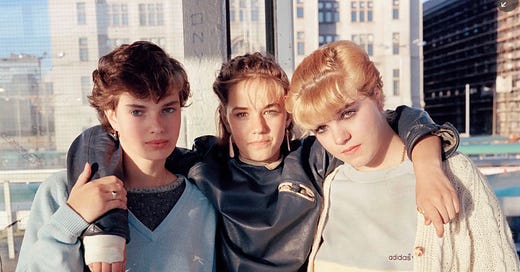This summer we grew one tomato. We were kindly given two tomato plants, which were potted up and staked. They produced lots of yellow flowers, but I neglected to feed them, and we had next to no sun. They bore two fruit and one small unripe green ball fell and provided a feast for the slugs and snails.
The successful, solitary tomato is sitting on the ki…
Keep reading with a 7-day free trial
Subscribe to Ninki Substack by Margaret Bennett to keep reading this post and get 7 days of free access to the full post archives.




